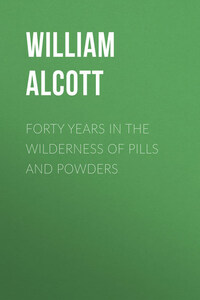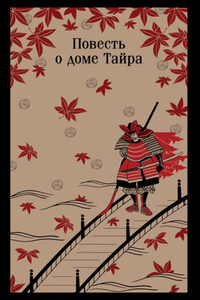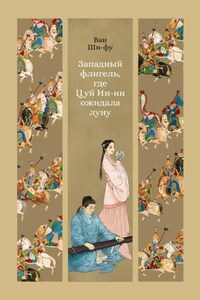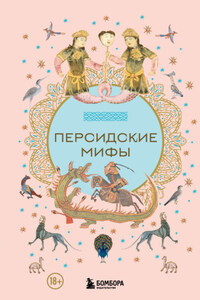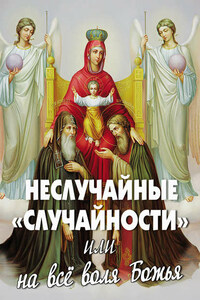The present volume was one of the last upon which its author was engaged, the facts having been gathered from the experience and observation of a long life. It was his design to publish them anonymously, but under the changed circumstances this is rendered impracticable.
A short time previous to his death, the writer spoke of this work, and said, in allusion to the termination of his own somewhat peculiar case, – "This last chapter must be added." In accordance with this desire, a brief sketch, having reference chiefly to his health and physical habits, with the closing chapter of his life, has been appended.
In the sub-title to the following work, I have used the word "Confessions" – not to mislead the reader, but because to confess is one prominent idea of its author. It is a work in which confessions of the impotence of the healing art, as that art has been usually understood, greatly abound; and in which the public ignorance of the laws of health or hygiene, with the consequences of that ignorance, are presented with great plainness. The world will make a wiser use of its medical men than it has hitherto done, when it comes to see more clearly what is their legitimate and what their ultimate mission.
These remarks indicate the main intention of the writer. It is not so much to enlighten or aid, or in any way directly affect the medical man, as to open the eyes of the public to their truest interests; to a just knowledge of themselves; and to some faint conception of their bondage to credulity and quackery. The reader will find that I go for science and truth, let them affect whom they may. Let him, then, suspend his judgment till he has gone through this volume once, and I shall have no fears. He may, indeed, find fault with my style, and complain of my literary or philosophic unfitness for the task I assigned myself; but he will, nevertheless, be glad to know my facts.
Should any one feel aggrieved by the exposures I have made in the details which follow, let me assure him that no one is more exposed – nor, indeed, has more cause to be aggrieved – than myself. Let us all, then, as far as is practicable, keep our own secrets. Let us not shrink from such exposures as are likely, in a large measure, to benefit mankind, while the greatest possible inconvenience or loss to ourselves is but trifling.
Some may wish that instead of confining myself too rigidly to naked fact and sober reasoning, I had given a little more scope to the imagination. But is not plain, "unvarnished" truth sometimes not only "stranger," but, in a work like this, better also, than any attempts at "fiction"?
The Author.
Auburndale, March, 1859.
CHAPTER I
EDUCATIONAL TENDENCIES
I was born in a retired but pleasant part of New England, as New England was half a century ago, and as, in many places, despite of its canals, steamboats, railroads, and electromagnetic telegraphs, it still is. Hence I am entitled to the honor of being, in the most emphatic sense, a native of the land of "steady habits."
The people with whom I passed my early years, though comparatively rude and uncultivated, were yet, in their manners and character, quite simple. Most of them could spell and read, and write their names, and a few could "cipher" as far as simple subtraction. To obtain the last-mentioned accomplishment, however, was not easy, for arithmetic was not generally permitted in the public schools during the six hours of the day; and could only be obtained in the occasional evening school, or by self-exertion at home.
The majority of my townsmen also knew something of the dream-book and of palmistry, and of the influence of the moon (especially when first seen, after the change, over the right shoulder), not only on the weather and on vegetation, but on the world of humanity. They also understood full well, what troubles were betokened by the howling of a dog, the blossoming of a flower out of due season, or the beginning of a journey or of a job of work on Tuesday or Friday. Many of them knew how to tell fortunes in connection with a cup of tea. Nay, more, not a few of them were skilled in astrology, and by its aid could tell under what planet a person was born, and perchance, could predict thereby the future events of his life; at least after those events had actually taken place.
Under what particular planet I was born, my friends never told me; though it is quite possible some of my sage grandmothers or aunts could have furnished the needful information had I sought it. They used to look often at the lines in the palms of my hands, and talk much about my dreams, which were certainly a little aspiring, and in many respects remarkable. The frequent prediction of one of these aged and wise friends I remember very well. It was, that I would eat my bread in two kingdoms. This prediction was grounded on the fact, that the hair on the top of my head was so arranged by the plastic hand of Nature as to form what were called two crowns; and was so far fulfilled, that I have occasionally eaten bread within the realms of Queen Victoria!
